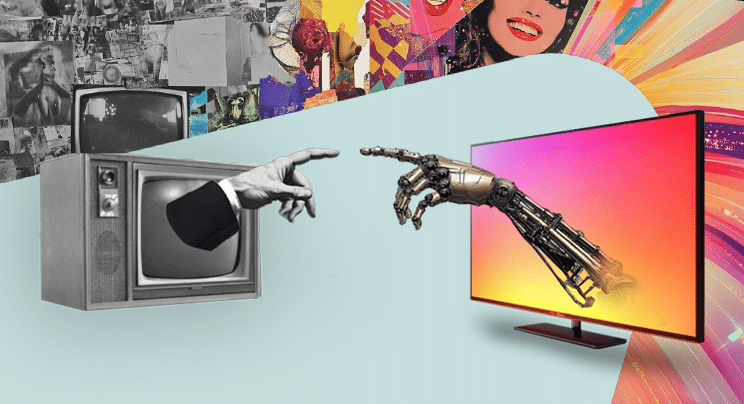Sky gives glimmer of light to 3D
Amid a week of bad news for 3DTV a rare ray of sunshine came from the U.K.’s biggest pay-TV operator BSkyB. After announcements from the BBC and sports broadcaster ESPN that they were giving up on 3-D for now, once existing projects are finished, BSkyB felt that it needed to reaffirm its commitment over the longer term. The DTH operator pointed out that half a million of its 10 million TV customers had signed up for 3-D and that rate of uptake was growing, not diminishing.
The operator gave a clue as to why it was taking a different line by pointing out that, unlike the BBC or ESPN, it was not just a content provider but also platform operator, which meant that 3-D was part of a broader mix of added-value attributes that help both gain customers and combat churn.
“This means that a significant proportion of the value of providing great TV in 3-D lies in how it helps attract new customers to join Sky and in how it provides another reason for existing customers to stay with Sky,” wrote Sky’s 3-D director, John Cassy, in a blog.
Casey did concede that some viewers had probably been put off trying out 3-D by the need to wear glasses. But he expressed confidence that manufacturers were on course to deliver 3-D TV sets without need for glasses in two to four years’ time at prices comparable to today’s HD- and 3-D-capable models.
The BBC, though, is taking a much more negative line and has decided to suspend 3-D programming for an indefinite period due to a "lack of public appetite." The corporation began a two-year 3-D trial in 2011, broadcasting several shows and events in 3-D, including the Olympic Games in 2012. But feedback and take-up has been very disappointing, according to Kim Shillinglaw, the BBC's head of 3D. The first real sign that 3D was not taking off as the BBC had hoped came during the Olympic Games, when only half of the 1.5 million households in the U.K. with a 3-D-enabled television watched the summer's Olympics opening ceremony, despite this event being well suited to 3D. Things went downhill from there, with the Queen's Christmas Message and the children's drama Mr. Stink only attracting 5 percent of potential viewers over the Christmas period.
Shillinglaw’s conclusion, somewhat different from Sky’s, is that people watch TV differently than movies in the cinema and are not usually prepared to give it their undivided attention, which means they are unwilling to don glasses. However, there was some consensus in that the BBC admits there may be a future for 3-D when glasses are no longer needed. But unlike Sky it is not prepared to stay the course, or throw good money after bad.
US sports network ESPN took a similar line in closing its 3-D channel in the U.S. in June 2013 because of poor uptake.
The professional video industry's #1 source for news, trends and product and tech information. Sign up below.
